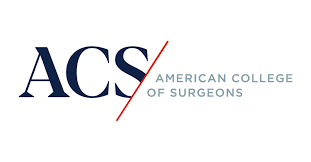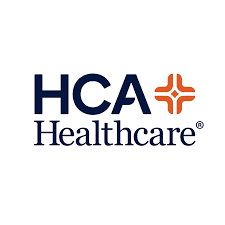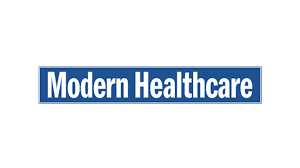
Editor's Note Three days of education and networking await perioperative leaders attending this week’s OR Manager Conference, which runs through Thursday, October 30, at the Anaheim Convention Center in Anaheim, California. By the time Dan Weberg, PhD, MHI, RN, FAAN, takes the stage Tuesday morning with his opening keynote, "Healthcare’s…

Editor's Note The Centers for Medicare & Medicaid Services (CMS) has activated shutdown rules that confine Medicare survey and certification work to health and safety essentials, according to an October 21 memo from the agency. Per the revised memorandum, excepted work during the federal shutdown includes investigations of complaints and…

Editor's Note Robotic-assisted cardiac surgery is reshaping the field, enabling safer, less invasive procedures once deemed too complex for minimal-access techniques, the American College of Surgeons October 1 reports. Advances in high-definition visualization, wristed instruments, and surgical control are allowing cardiothoracic teams to perform intricate repairs through incisions often smaller…

Editor's Note Cesarean delivery remains the most common major surgery in the US, but new evidence highlights its impact on recovery, pain, and sleep health for mothers. In an American Medical Association (AMA) interview published by HCA Healthcare Today on October 10 and new research presented at the ANESTHESIOLOGY® 2025…

Editor's Note Artificial intelligence (AI) and evidence-based fasting practices could significantly enhance safety and comfort for children undergoing surgery, according to research presented at the ANESTHESIOLOGY® 2025 annual meeting that took place on October 10–14. One study found AI systems outperform standard methods in key pediatric anesthesia tasks, including selecting…

Editor's Note Patients’ social conditions, language, and sleep patterns may play a larger role in surgical recovery than previously recognized, according to three studies presented at the ANESTHESIOLOGY® 2025 annual meeting that took place on October 10–14. Researchers from the University of California, San Diego, found patients facing food insecurity…

Editor's Note Hospitals are bracing for service reductions as anesthesia staffing shortages collide with reimbursement cuts, Modern Healthcare October 14 reports. Executives and staffing experts see mounting financial strain that could limit patient access and stall growth plans, with rural facilities most exposed. As detailed in the article, systems continue…

Editor's Note The Joint Commission has made nurse staffing a national benchmark for hospital accreditation, formally recognizing it as a core measure of patient safety and care quality, Nurse.org October 13 reports. For the first time, hospitals must meet specific staffing standards to earn or maintain accreditation. Under the new…

Editor's Note Telehealth providers are divided over whether to continue serving Medicare patients after reimbursement expired alongside the federal government shutdown, Modern Healthcare October 9 reports. The impasse has forced organizations to weigh patient access against financial risk, with many issuing advance beneficiary notices warning patients they may be responsible…

Editor's Note Federal officials’ public rebuke of the Coalition for Health AI (CHAI) highlights mounting tensions over who should shape guardrails for artificial intelligence (AI) in healthcare, Modern Healthcare October 10 reports. As hospitals accelerate AI adoption, industry leaders, regulators, and developers are clashing over how to ensure the technology’s…